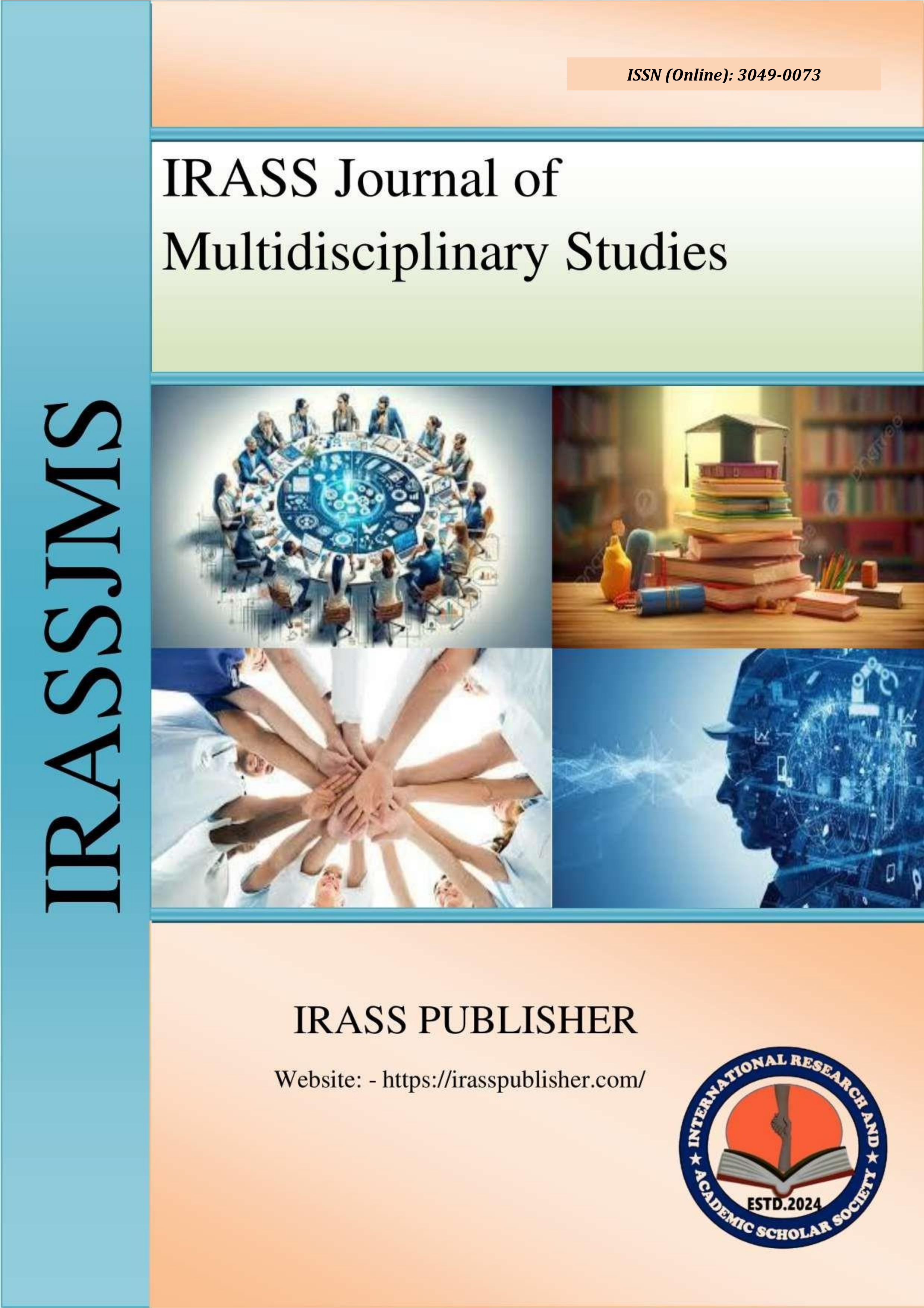Social Dynamics: Exploring the Structural Barriers to Education for Good Governance in Africa
Sr No:
Page No:
109-116
Language:
English
Authors:
Patricia Iordye, Terfa Jato*
Received:
2025-03-01
Accepted:
2025-03-16
Published Date:
2025-03-19
GoogleScholar:
Click here
Abstract:
Africa’s monumental challenges in its quest to reform education systems capable of
fostering good governance on the continent appear to be rooted in social dynamics, with an
operational centre on economic, cultural and power dynamics. Though recent decades have seen
improvements in enrolment rates, issues of quality, relevance and equity are still out there.
Conceptually, social dynamics encompass multifaceted sociological elements shaping and
directing human behaviour and societal operations. In Africa, economic, cultural and power
dynamics interact in ways that minimise educational advancement. Economically, funding
shortfalls stymie infrastructure and teacher development, while volatile landscapes constrain
skills alignment. Disparities also abound, with poverty exacerbating inequities. Cultural
dynamics manifest in diverse cultural values, resistance to Western models and gender
disparities. Power dynamics manifest through patrimonial interference by political elites seeking
personal agendas, relegating meritocracy. Within educational institutions, administrators and
other officials engage in counterproductive power plays. Recommendations include unified
educational policies, increased funding, culturally relevant curricula, prioritising girls' education,
promoting indigenous languages, ensuring institutional autonomy and evidence-based
policymaking.
Keywords:
Social Dynamics, Education, Good Governance, Economic Dynamics, Cultural Dynamics and Power Dynamics.
Journal: IRASS Journal of Multidisciplinary Studies
ISSN(Online): 3049-0073
Publisher: IRASS Publisher
Frequency:
Monthly
Language:
English

